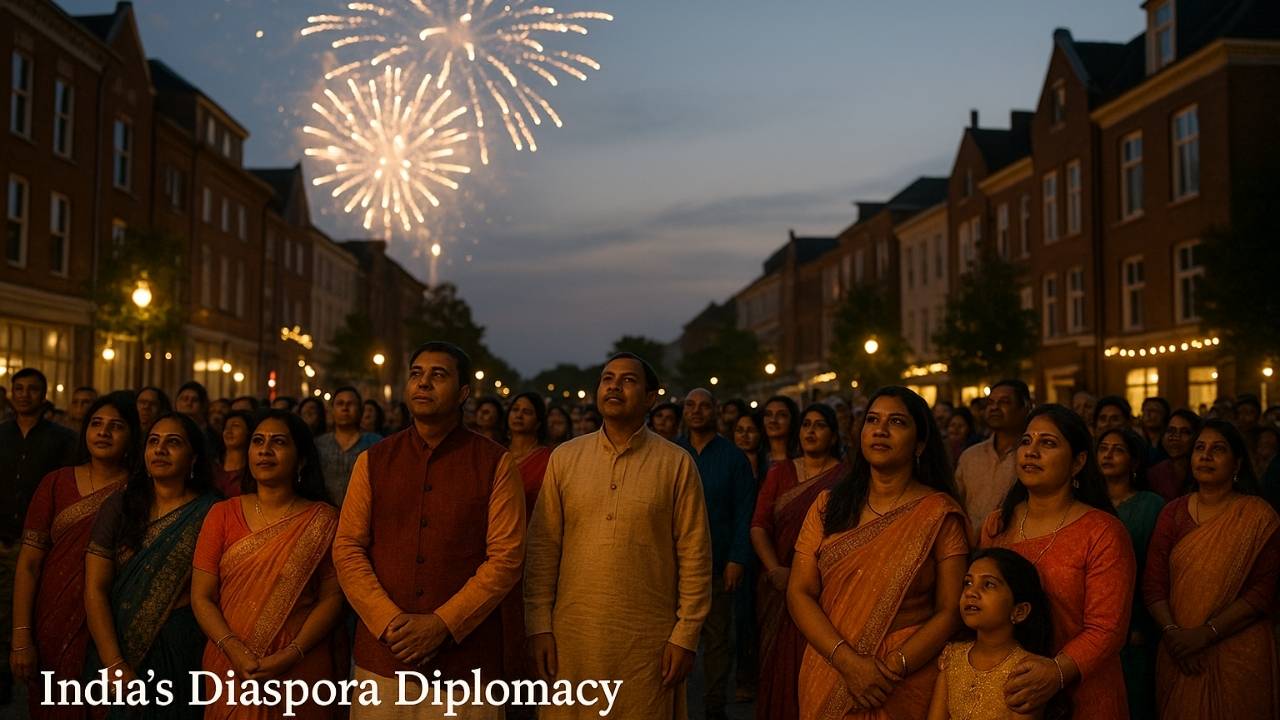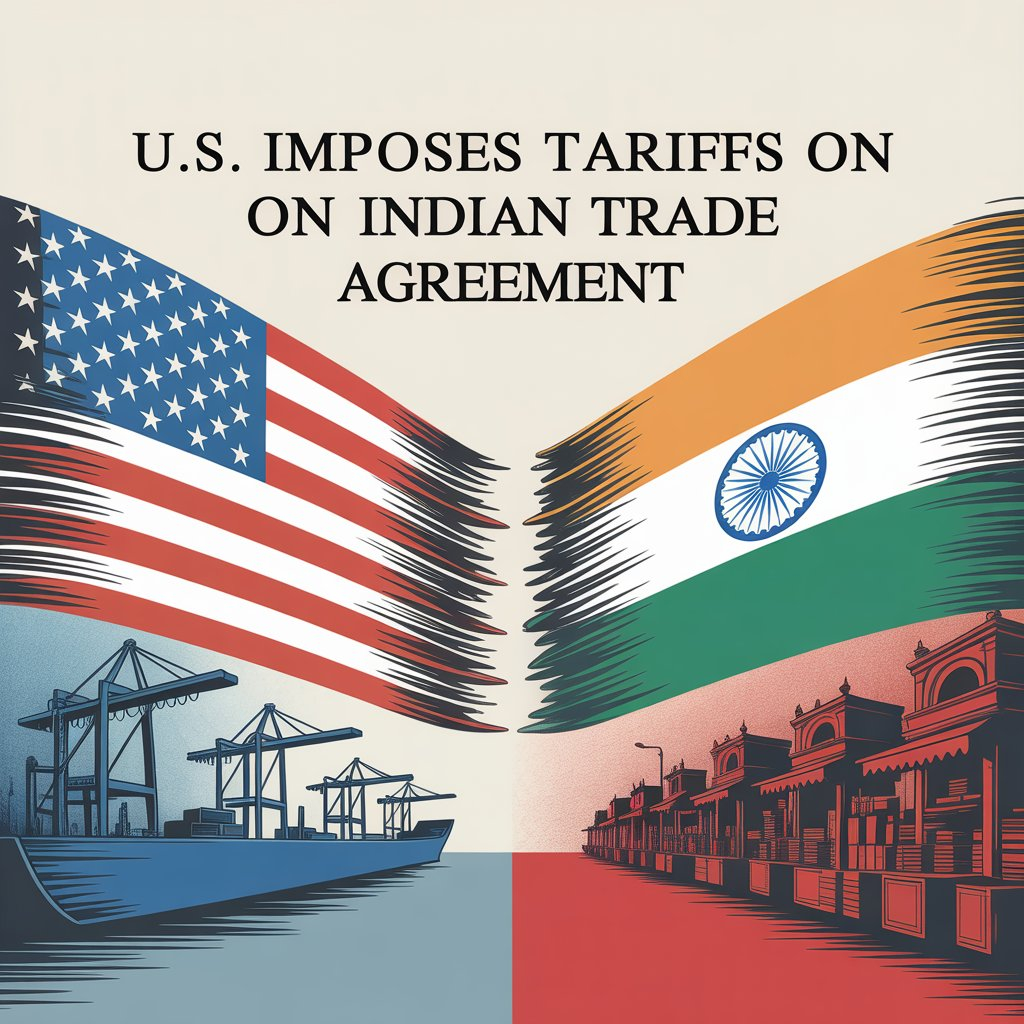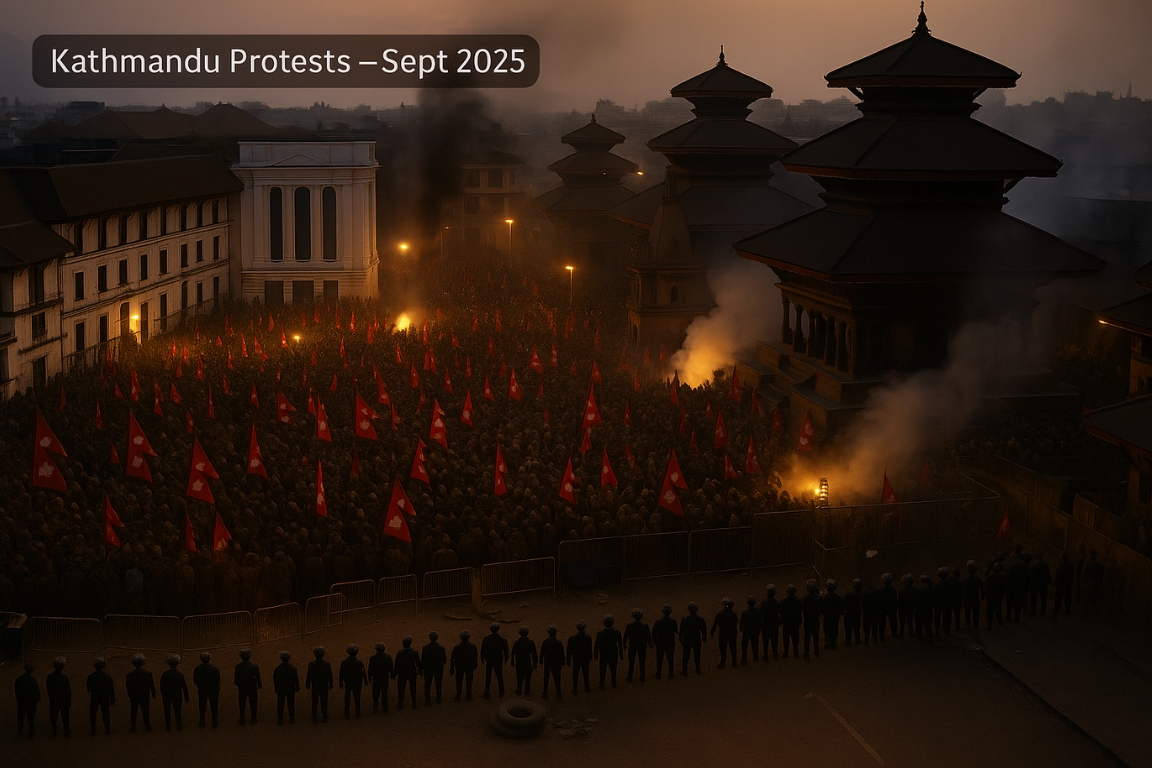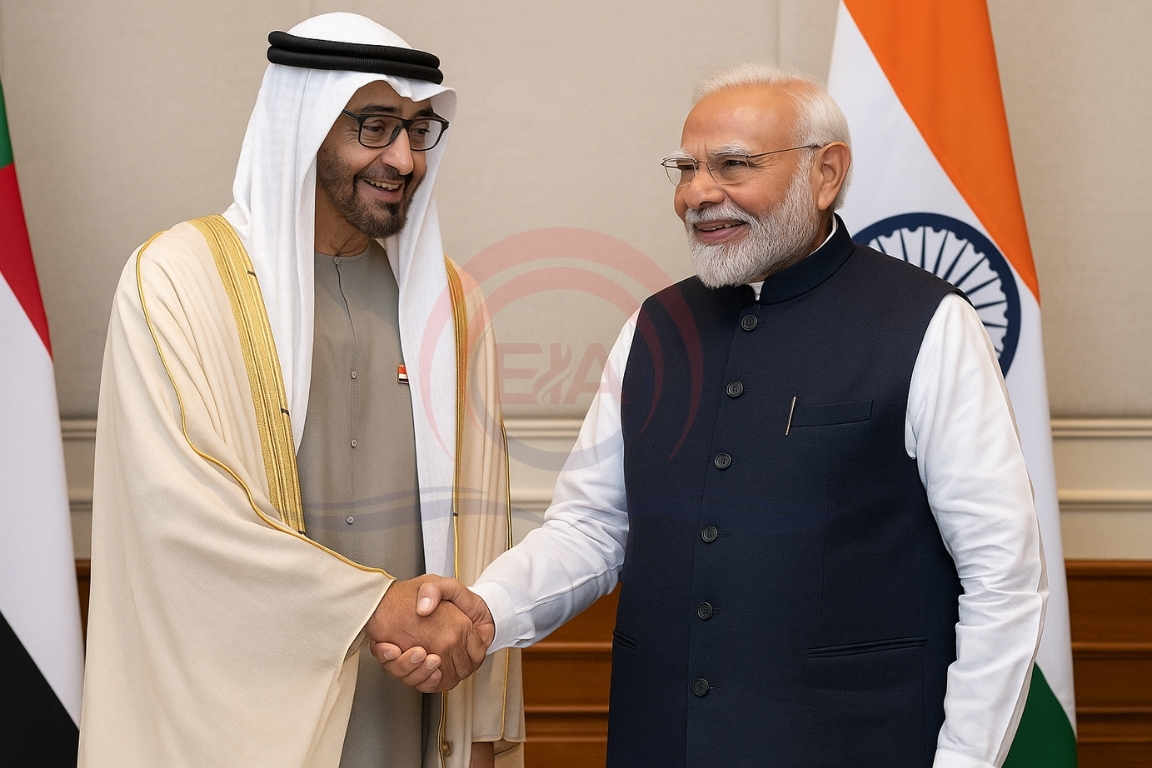In recent weeks, several incidents involving the Indian diaspora — like Ganapati idol immersion in public areas and Deepavali fireworks in residential zones of Western countries — have sparked debate.
India’s Global Diaspora and Its Role
- India’s diaspora of nearly 35 million people is spread across more than 200 countries.
- It includes Non-Resident Indians (NRIs) and Overseas Citizens of India (OCIs) who contribute through remittances worth over USD 100 billion annually.
- The community supports India’s global influence through technology, entrepreneurship, and cultural diplomacy.
- Indian-origin professionals and entrepreneurs have become symbols of India’s “soft power”, improving the country’s image abroad.
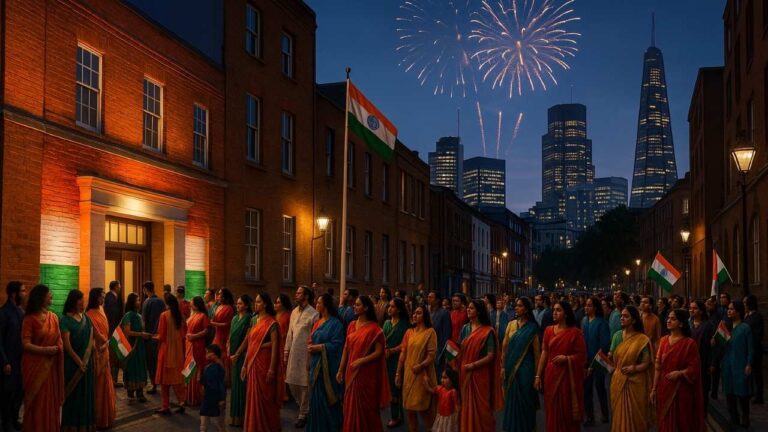
Evolution of Diaspora Policy
- In the early years after Independence, India followed Jawaharlal Nehru’s approach, keeping a strict boundary between domestic and diaspora politics.
- Nehru encouraged people of Indian origin to be loyal to their adopted countries and avoid involvement in Indian political matters.
- This reflected India’s focus on territorial nationalism — prioritising citizenship and sovereignty over ethnic or cultural identity.
Shift Toward Cultural Nationalism
- Since the 1990s, with globalization and increased migration, Indian identity abroad has become more assertive.
- After 2014, large-scale diaspora events featuring Indian leaders abroad boosted national pride but also created greater visibility and scrutiny.
- A new sense of cultural nationalism is visible through festivals, rallies, and symbolic expressions like fireworks or traditional rituals in public spaces.
Western Sensitivity to Foreign Influence
- Western countries — especially the U.S., Canada, and Australia — have grown cautious about foreign political influence, particularly after Chinese and Russian interference cases.
- India’s active engagement with its diaspora has been noticed but not yet seen as hostile.
- However, analysts warn that state-linked mobilisation of diaspora groups could lead to diplomatic discomfort or stricter regulations.
India’s Citizenship and Diaspora Link
- India does not allow dual citizenship, but offers OCI status (since 2003) for lifetime visa access, education, and business rights.
- In 2015, PIO and OCI cards were merged, simplifying overseas identity management — “dual in spirit, not in law.”
Balancing Cultural Pride and Local Laws
- Diaspora members represent India abroad and must balance cultural pride with civic responsibility.
- In increasingly nationalistic societies, loyalty to host nations is crucial to maintain credibility.
- Experts suggest India should promote a measured diaspora diplomacy — projecting culture positively without overstepping local norms.
Conclusion:
India’s diaspora is a pillar of its global image and economic strength. Yet, as cultural nationalism grows, restraint and respect for host-country laws are essential to sustain goodwill. Effective diaspora diplomacy means combining pride with prudence — strengthening India’s soft power while avoiding political or cultural friction abroad.
This topic is available in detail on our main website.


